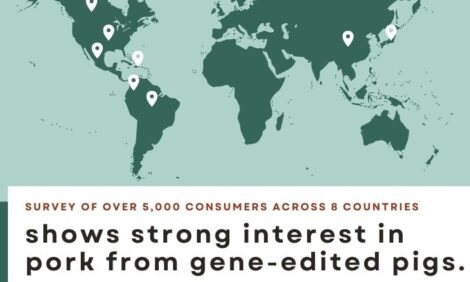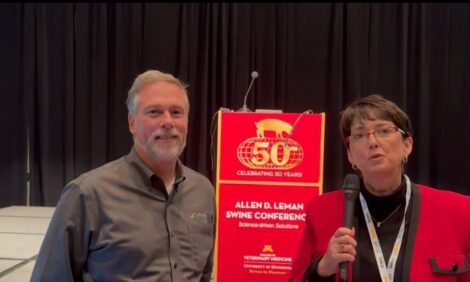



Clean diets help build immunity and gut health
Piglet immune systems are at their most vulnerable for two weeks after weaning. Highly digestible soy proteins support piglet health, growth, and performance.A strong immune system is key to the survival of young mammals in the wild; and to reducing the use of antibiotics in domesticated animals, such as piglets, in farming. The difference is that, while wild mammals benefit from their mother’s milk until their immune system is fully developed at the age of app. 42 days, domesticated piglets are weaned from their mother at just four weeks. At that age, their own ability to battle disease and infection is still severely limited.
The colostrum in sow milk is rich in immunoglobulins, which help protect against potential pathogens that can cause illness in the barn. Pregnant sows are often vaccinated against specific viruses and bacteria to maximize protection for newborn piglets.
The window of vulnerability
At a Hamlet Protein Feed Your Brain seminar in 2019, Professor Jana Seifert from University of Hohenheim stated that the piglet immune system is not complete until six weeks of age. At this stage they have a more established microbiome, both in the gut and on the skin, and the immune system can tolerate a greater concentration of illness-provoking viruses and bacteria in the environment.
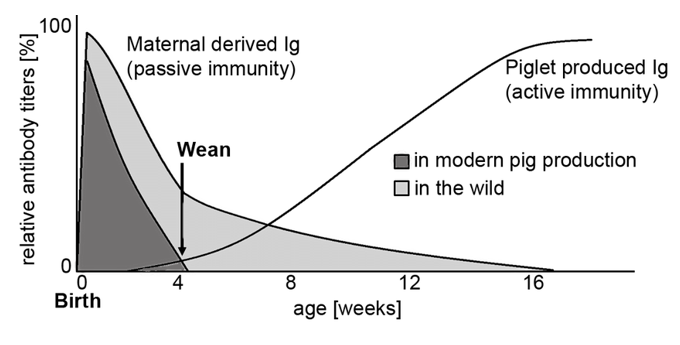
In other words, weaning at four weeks exposes piglets to a significant health risk. The optimum and most digestible feed – their mother’s milk – is taken from them and replaced with a complex vegetarian alternative, sometimes with added animal proteins or milk products.
Adapting feed to digestive capabilities
It is important that post-weaning diets are tailored to the enzyme-producing capabilities of the piglet’s digestive system so they remain strong and healthy during this challenging time. One way to do this is to eliminate allergenic substances such as anti-nutritional factors (ANFs) that are often present in plant protein sources. Minimal ANFs in the diet should be a priority up to 10kg live weight.
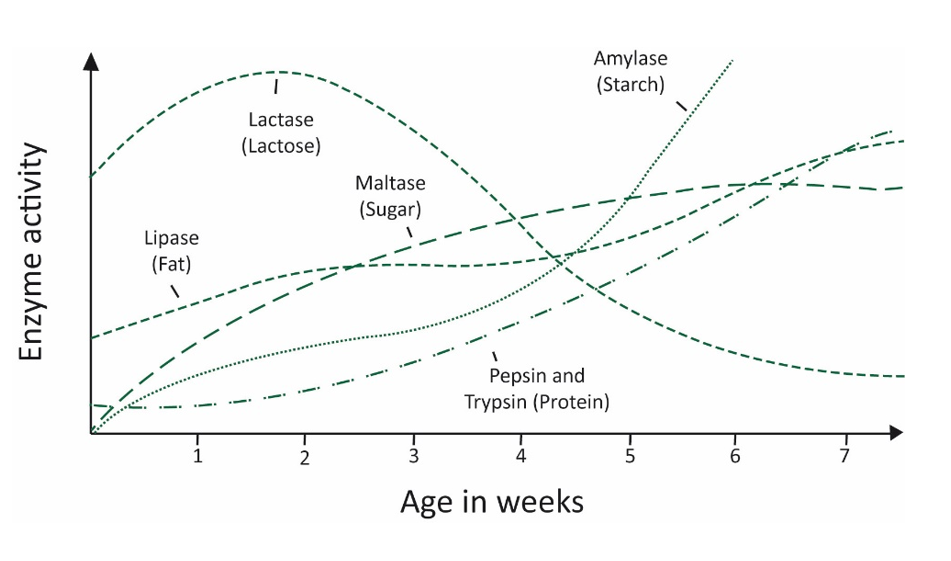
Animal proteins, such as fishmeal, are free of plant based ANF's such as e.g. ß-conglycinin, but may contain another undesirable component – non-protein nitrogen (NPN) – depending on how the animal protein has been processed.
Consider these key dietary components to minimize unnecessary challenge to the sensitive piglet immune system:
- Starch, which must be extruded or baked to improve digestibility
- Fat, which is a good energy source when protected against oxidation
- Protein, which must have a similar digestibility to milk proteins at >90%
- Fiber, which must be a balance of soluble and insoluble dietary fiber for the development of a healthy microflora.
Protection via the gut
Gut and immune health are closely linked; damage to the gut mucus layer creates an opportunity for infection and immune system stress.
Recent trials from China Agricultural University (2017), University of Applied Sciences Bingen (2018), and University of Bonn (2018) demonstrated the influence of ANFs on gut mucus. Electron microscopy showed that soybean meal with typical levels of ANFs damage epithelial cells in the gut of piglets. On the other hand, the mucosal layer is fully intact in piglets fed HP 300, a highly digestible specialty protein containing minimal ANFs from Hamlet Protein.
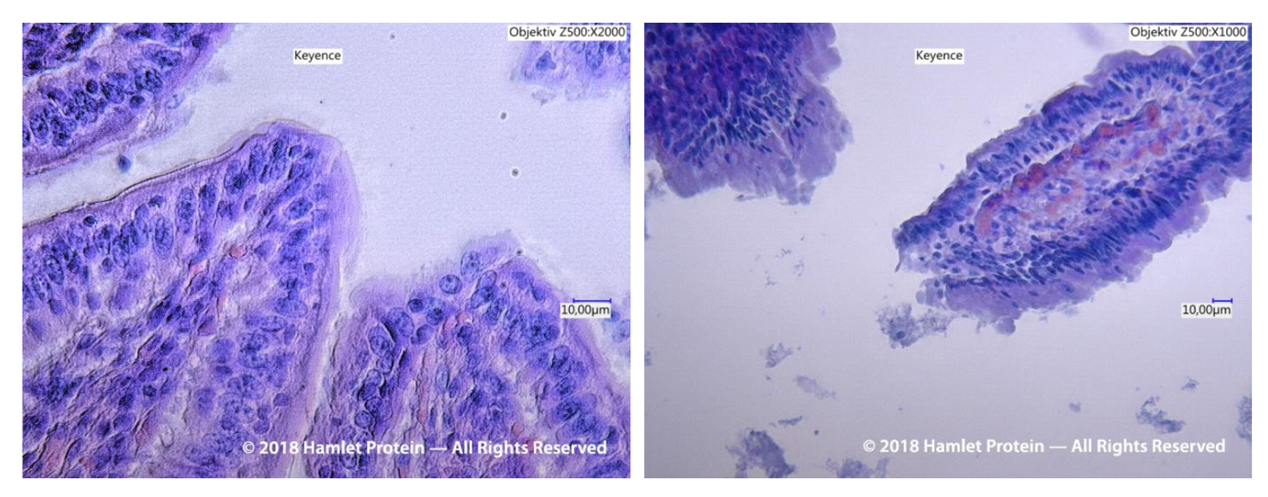
Blood test results from the China Agricultural University trial documented the inflammatory effect of ANFs, where the reduced level of vitamins E and C in the blood indicates an increase in oxidative stress, as more vitamins are utilized to counter oxidation.
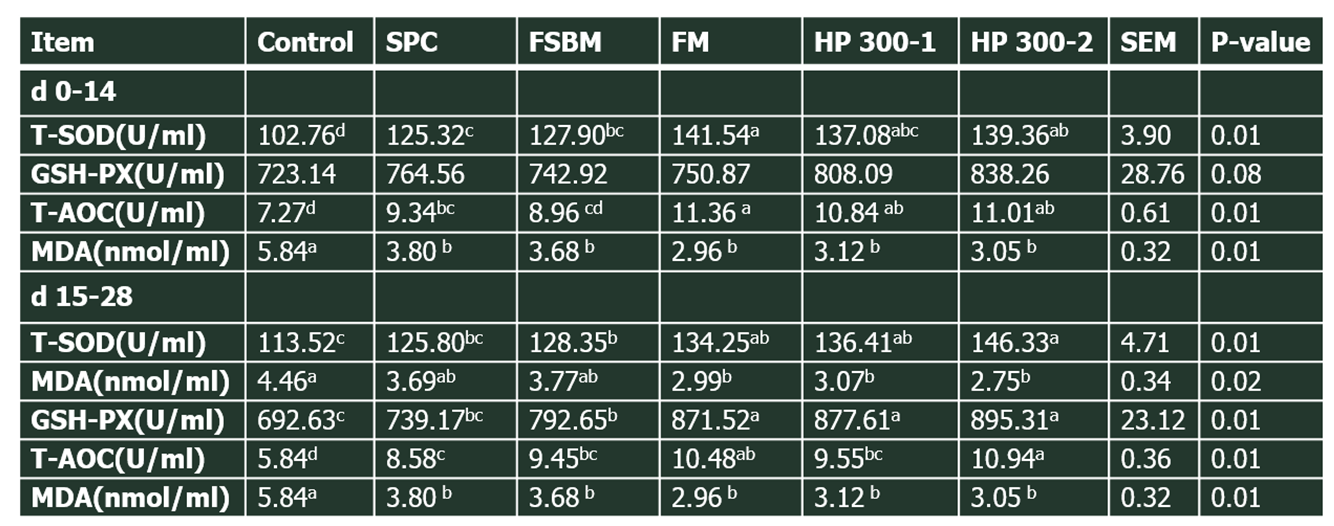
SPC: Soy protein concentrate; FSBM: Fermented soybean meal; FM: Fishmeal; HP 300-1: HP 300 diet fed only day 0-14; HP 300-2: HP 300 diet fed day 0-28
The piglet immune system performs two functions; a specific function related to immunoglobulins and an unspecific function in the gut, which can be positively stimulated by ß-glucans and essential oils but negatively affected by ANFs.
Since the early 2000s, the aquaculture industry has used isolated ß-glucans from yeast cells to improve the unspecific immunity of fish – mainly salmon – reducing the use of antibiotics. To elicit the same benefits in piglet feed, Hamlet Protein developed HP 800/810, a range of specialty soy proteins containing hydrolyzed yeast cells that support gut development. This unique solution provides a prebiotic effect to boost feed intake and develop a healthy immune response.
Proven benefits of a low ANF diet
When selecting a soy-based product for piglet feed, it is important to remember that heat treatment alone is not sufficient to reduce ANFs. This is why toasted soybean meal or hulls is not recommended for piglets below 10 kg of live weight. Trials from Germany confirmed this when they compared the effect on weight gain and feed conversion rate when piglets were fed a standard soy protein or a Hamlet Protein product. The boost in performance was even greater in smaller pigs compared with heavier pigs.
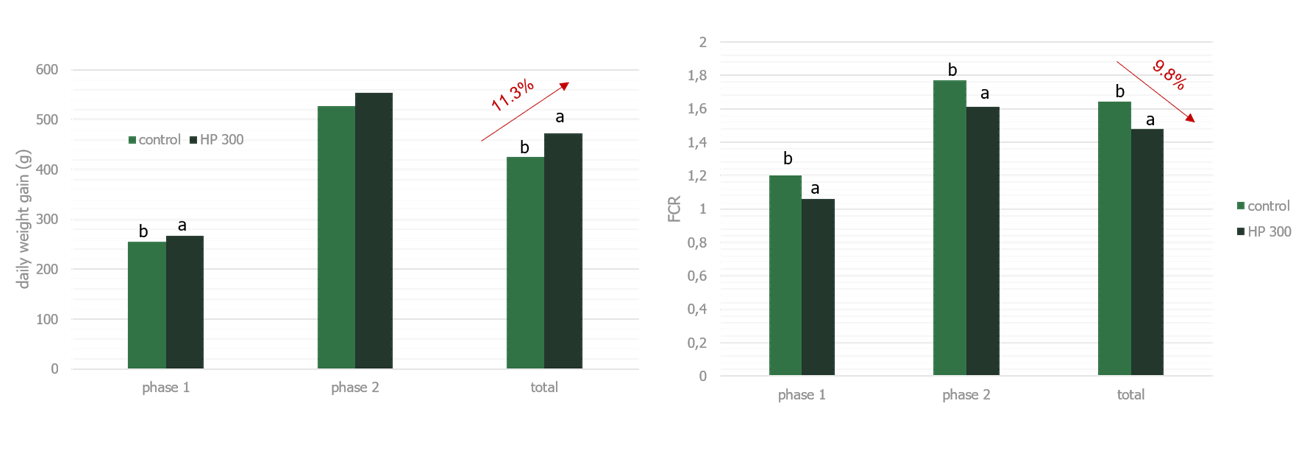
Activation of the immune system by potentially pathogenic bacteria or a virus consumes a great amount of energy and amino acids. This is why, during the vulnerable post-weaning period, piglets need an easily digestible protein that can support and strengthen their immunity while providing the foundation for a strong and healthy growth.
Only a thorough understanding of this concept can we expect maximum piglet performance without the need for regular medication. That’s best for business and best for the consumers.







